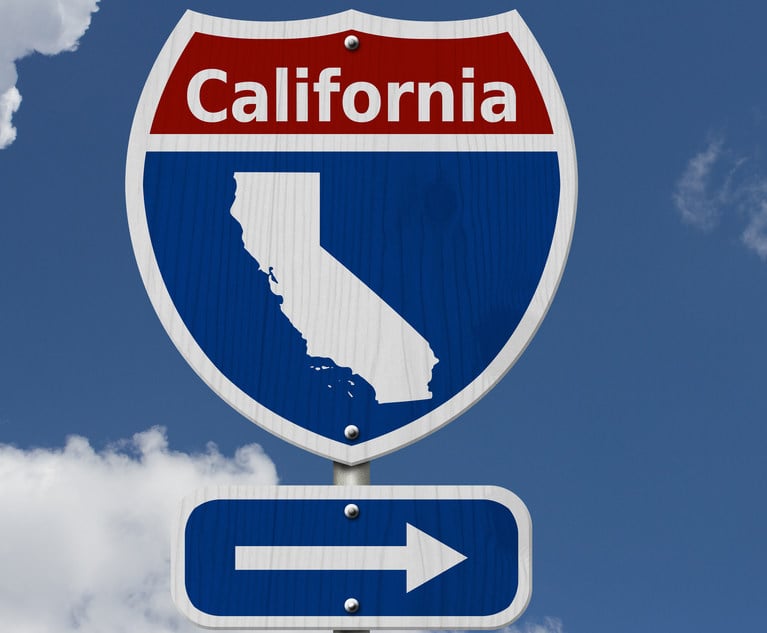Disallowing the tax deduction for reinsurance between affiliatedentities would have a "detrimental effect on U.S. consumers" andlead to higher insurance premiums, the head of a trade grouprepresenting European carriers warned.
|In a letter to members of Congress, Tommy Persson, president ofthe CEA–a European insurance and reinsurance federation–made thecomments in response to proposals in Washington designed torestrict the ceding of premiums to offshore affiliates.
|One proposal by the Obama administration is projected by theJoint Tax Committee to raise $2.3 billion in additional revenuesover 10 years. Another proposal, by Rep. Richard Neal, D-Mass., isprojected to raise $17 billion over 10 years.
| "The CEA believes thatsubstantial unintended and negative consequences would result fromthe implementation of such proposals," warned Mr. Persson.
"The CEA believes thatsubstantial unintended and negative consequences would result fromthe implementation of such proposals," warned Mr. Persson.
Mr. Persson said the legislation would lead to higher costsplaced on foreign and foreign-controlled insurers and reinsurersdoing business in the United States.
|"EU reinsurers face an average tax burden of 25 percent, so theargument that the existing tax deduction could create incentives toreinsure more than would otherwise occur between unrelated entitiesdoes not hold true," Mr. Persson wrote in his letter. "Theproposals would also lead to taxation in both the U.S. and thereinsurer's country of origin, thereby violating U.S. double taxtreaties."
|Furthermore, he said U.S. law already includes adequate tools todeal with "income-shifting" from U.S. insurance subsidiaries toforeign affiliate reinsurers. The transfer pricing rules of theU.S. Internal Revenue Code mean that no further measures arerequired to prevent tax evasion, he added.
|In addition, "since the proposals are only applicable toforeign, not U.S., reinsurers, the CEA believes they couldcontravene the U.S. G-20 commitment to avoid protectionism and itsWorld Trade Organization commitments under the General Agreement onTrade in Services," the CEA said.
|"We strongly urge U.S. legislators to recognize the detrimentaleffects on U.S. consumers and the U.S. insurance market and toabandon the proposals," concluded Mr. Persson.
||John Degnan, vice chair and chief operating officer of the ChubbCorp., which supports the offshore tax legislation, dismissed suchwarnings as "a bogeyman [foreign insurers and reinsurers] createdthat they could pass this along in premiums," in answering aquestion from an analyst during Chubb's July 22 earnings conferencecall.
|In his letter to House members, CEA's Mr. Persson said anotherdownside to the tax proposal–especially the Neal bill–is thatmaking the placement of reinsurance with affiliates more costlywould reduce the ability of insurers and reinsurers to diversifytheir risks and would thus reduce insurance capacity, in particularfor low-frequency, high-exposure catastrophe risks.
|Mr. Degnan disputed that point as well in the Chubb conferencecall. "I don't think that the $17 billion over 10 years–or roughly$2 billion a year in increased tax to the insurance companies–wouldinfluence the market at all," he said, adding that "reinsurers areprobably not going to be able to pass that along to their primaryinsurers. There are alternatives in the marketplace today toreinsurance, [and] the reinsurance market is highlycompetitive."
|After a hearing on the proposals last month by the SelectRevenue Measures Subcommittee of the House Ways and MeansCommittee, Rep. Neal said it is unlikely his legislation willadvance quickly.
|Besides the routine concern about any tax-raising measure, hesaid there is bipartisan opposition from Gulf Coast members thatwould also stand as an impediment to action. He also said the onlypossibility that could push the Obama administration budgetproposal into play would be the need to offset a proposal thatwould add to the federal deficit.
|"It remains to be seen if either proposal could be in play aspart of a comprehensive tax package before the end of the year,"Mr. Neal said.
|William Berkley, chair and chief executive officer of W.R.Berkley Corp., said he thought there was a "fair possibility" topass some kind of legislation. "I think there is better than a50/50 chance of something being attached to some legislation," hepredicted during an earnings conference call.
|(Mr. Berkley testified at a congressional hearing on thecontroversy on July 14. See http://bit.ly/d2n2Xo for coverage.)
|Current rules maintain "a blatant unfairness" and provide a"competitive advantage to non-domestic companies," according to Mr.Berkley–a point disputed by the bill's opponents.
|Mr. Berkely, who heads a small but vocal coalition of domesticinsurers lobbying for the legislation, told the hearing thatproposed legislation would not scare off reinsurers or increase thecost of coverage.
|"No one from the 'other side' testified," Mr. Berkley saidduring the analysts call.
|(Additional reporting by Chad Hemenway.)
Want to continue reading?
Become a Free PropertyCasualty360 Digital Reader
Your access to unlimited PropertyCasualty360 content isn’t changing.
Once you are an ALM digital member, you’ll receive:
- All PropertyCasualty360.com news coverage, best practices, and in-depth analysis.
- Educational webcasts, resources from industry leaders, and informative newsletters.
- Other award-winning websites including BenefitsPRO.com and ThinkAdvisor.com.
Already have an account? Sign In
© 2024 ALM Global, LLC, All Rights Reserved. Request academic re-use from www.copyright.com. All other uses, submit a request to [email protected]. For more information visit Asset & Logo Licensing.








